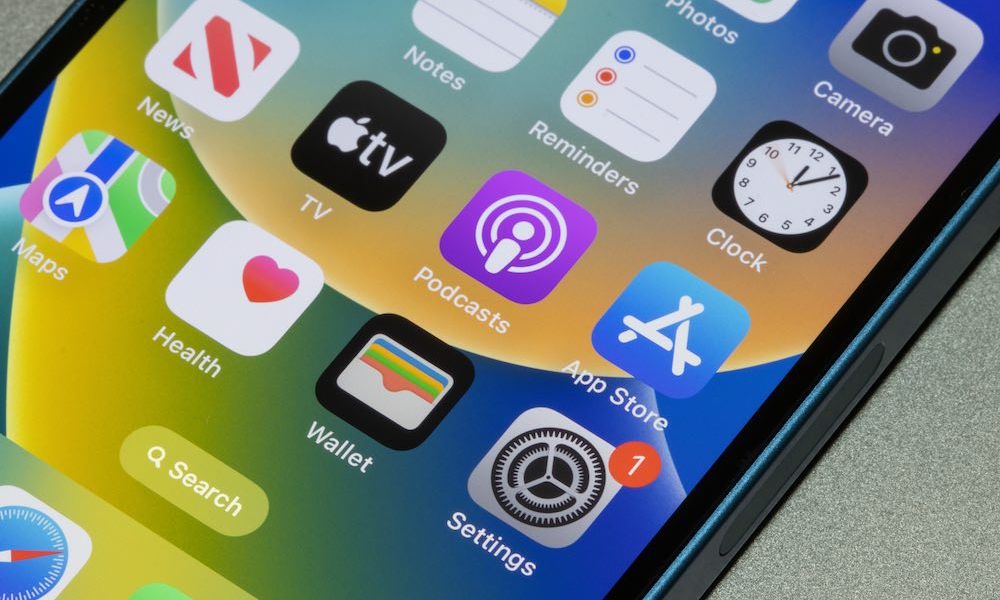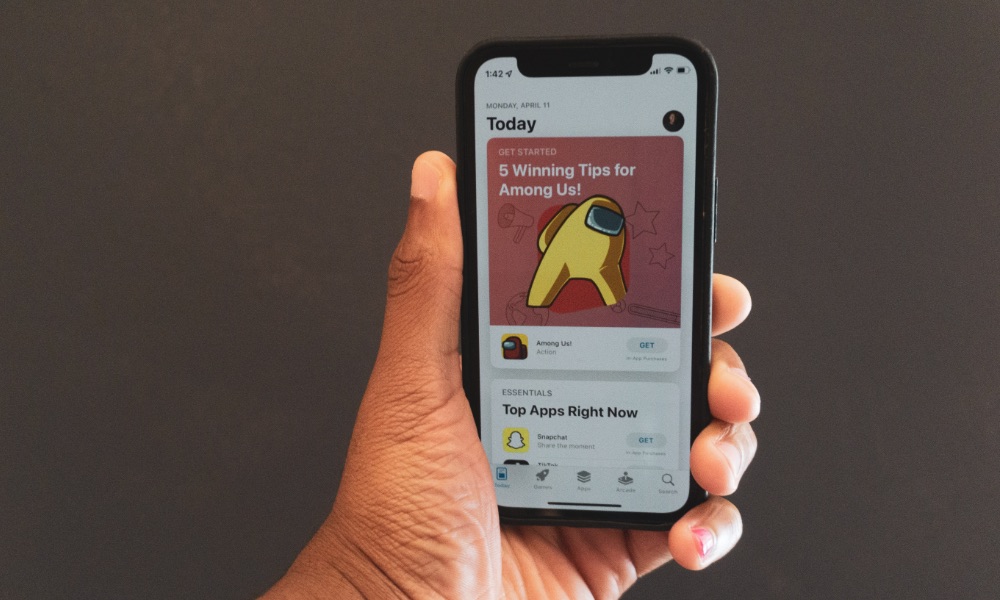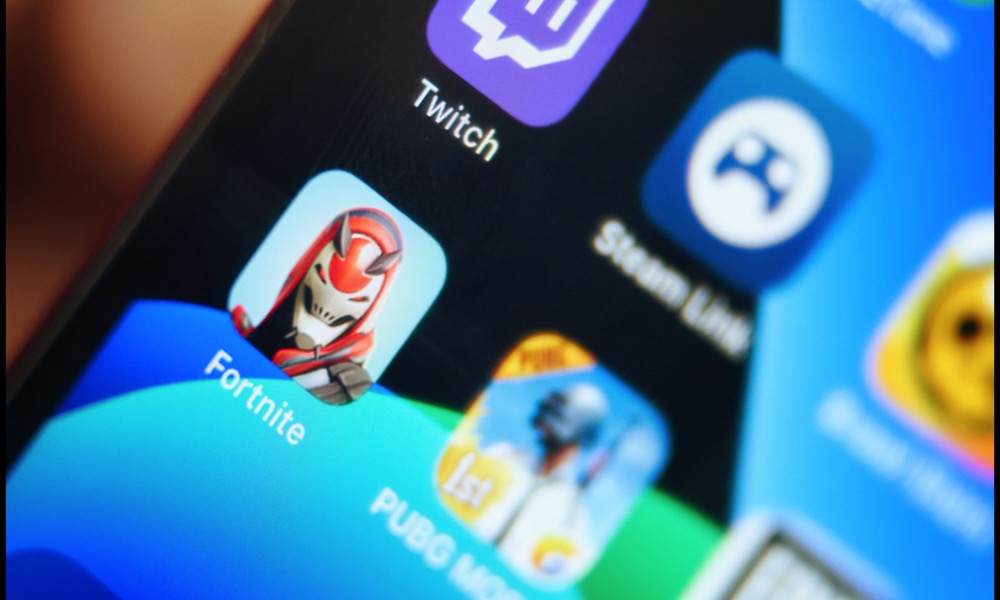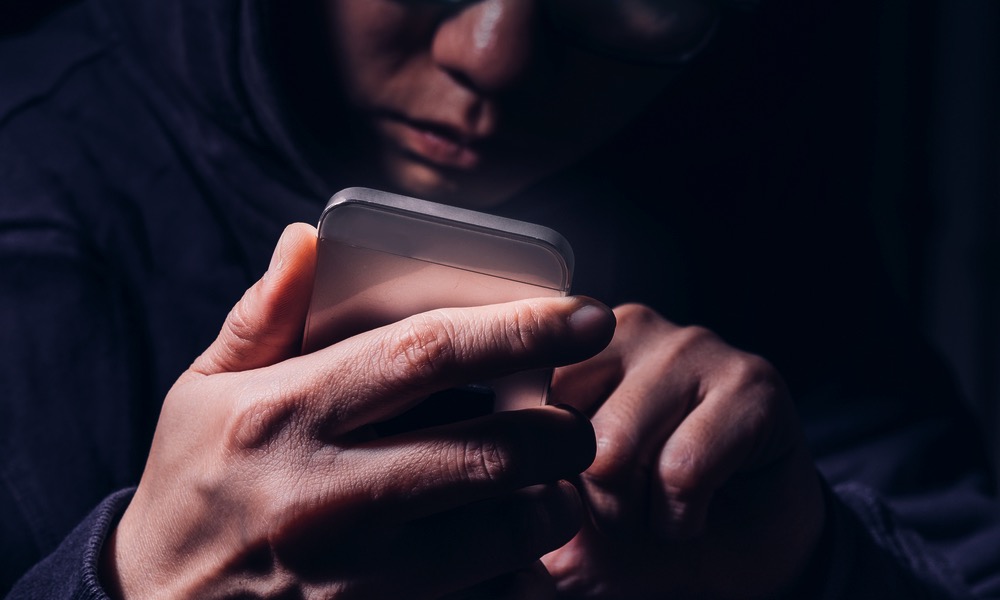Everything You Need to Know About App Sideloading Coming in iOS 17.4

Toggle Dark Mode
If you’re an Apple fan, you’ve probably heard about sideloading recently. It’s one of the biggest topics of discussion right now, and it seems that it’s coming to the iPhone in iOS 17.4.
But again, if you’re an Apple fan, you’re probably not very familiar with the term “sideloading.” It’s not your fault; after all, you’ve never had to deal with it until recently.
So, what exactly is sideloading, and how will it affect you once you have the opportunity to use it on your iPhone? Keep reading to find out.
What Is Sideloading?
In the most basic way possible, sideloading is the ability to install apps on a device without using the vendor’s official app store. As the term suggests, you’re loading apps “from the side.”
This means that, in the case of the iPhone, you could be able to install apps from a third-party app marketplace or even a random website online instead of using Apple’s App Store.
Of course, you can’t sideload apps on a regular iPhone — at least not yet. But this topic has been going around because Apple is being forced to allow at least some form of sideloading in the very near future.
Other operating systems, like Android, have been capable of sideloading apps since almost their inception, and just like USB-C, Apple will be one of the last companies to finally implement it.
Why Does Apple Want to Allow Sideloading?
To put it bluntly, Apple doesn’t want you sideloading apps. Not only does it have some security risks for you, but it also could affect Apple’s bottom line. After all, Apple takes a 15–30% cut from every digital purchase made through the App Store, whether that’s buying the apps themselves or purchasing digital items and subscriptions within them.
However, Apple doesn’t have a choice. Thanks to the European Union’s Digital Markets Act (DMA), which goes into full effect in March, Apple has been forced to open things up to allow apps to be installed outside of the App Store.
In fact, Apple has already announced the changes it plans to make to iOS, Safari, and the App Store as a whole.
How Will Sideloading Work on iPhone
Arguably, what Apple is offering for now isn’t “true” sideloading, but at least it’s a step in that direction. Once available, Apple’s new policies will change the way some iPhone users and developers deal with apps — at least for those in the European Union.
Starting in March, iPhone owners in the EU will be able to download apps from other platforms — known as “app marketplaces” — and not just the App Store.
However, they still won’t be able to download and install an app from just any random website like Android users can. Third-party app marketplaces will have to be approved by Apple, and apps on those marketplaces will still need to be reviewed and “notarized” by Apple to ensure they don’t present any security or privacy risks.
Developers will have the option to host their apps on any marketplace they want, and they’ll also be able to use other payment service providers. They can choose to keep their apps exclusively on the App Store or publish them on as many other app marketplaces as they like, although they’ll have to agree to some new terms with Apple if they want to list their apps outside of the App Store.
Users will also have the opportunity to choose their own web browser as soon as they install iOS 17.4, and those browsers can now use their own rendering engines. Although you’ve been able to set a default browser since iOS 14, those other browsers always had to use the same underlying WebKit engine as Safari.
This is also to comply with the EU’s DMA and it would allow you to have more options to choose from — even if you don’t know what each web browser has to offer or the differences between the rendering engines.
Unfortunately, it’s worth mentioning that this change is only coming to the 27 countries that are part of the EU. This means that the US and the rest of the world will still be stuck with the App Store — at least until similar legislation in other countries forces Apple’s hand.
Advantages of Sideloading
Sideloading has many benefits for both users and developers, but it’s important to note that what Apple is doing is not the free-for-all that many hoped it would be.
True sideloading would let you download an app and install it from anywhere, whether that’s a file you received via email, or directly from a developer’s website. It would basically work just like downloading and installing an app on your Mac or PC. Sadly for some, that’s not what Apple is doing here.
Apple’s implementation of “sideloading” (and to be clear, Apple isn’t using that term at all) will still let you choose where you want to download apps from, but those choices will be limited, as Apple has to approve each app marketplace — and the apps that go onto it.
Still, even though Apple plans to do a basic review of all apps that can be installed on an iPhone, it doesn’t plan to apply the same stringent rules that it does for the App Store. This makes it highly likely that other platforms won’t have as many rules as the App Store, which means you’ll be able to find a bunch of different types of apps that you wouldn’t on an iPhone.
That alone might be the biggest win for users and developers who want more freedom, as Apple has always been quite conservative about the kind of apps that get published on the App Store, banning everything from porn to vaping apps. By comparison, third-party app marketplaces will be able to do whatever they want in this regard (subject to local laws, of course).
Plus, these changes will also give developers the opportunity to use alternate payment processing services, which could result in more money for them and lower prices for us.
We might see the price of premium apps or in-app purchases drop down as developers won’t need to deal with Apple’s fees. Of course, this remains to be seen, as Apple will still be collecting fees when someone downloads an app from outside of the App Store; however, those fees won’t be a cut of purchases, but a smaller fee that’s charged the first time a user downloads or updates the app for each year. For apps that make a lot of money on in-app purchases, that should work out to much less than giving 30% of their take to Apple.
Believe it or not, not everyone likes the App Store, and even in the more limited form that Apple is doing this, the ability to download apps from other app marketplaces may introduce new competition for Apple, hopefully also improving the experience on the App Store.
Disadvantages of Sideloading
Of course, sideloading isn’t perfect. There are many disadvantages to having the ability to download apps from anywhere — which is part of the reason why Apple still wants to carefully control the experience.
The biggest potential risk to full sideloading is security, which has been Apple’s biggest concern so far. As you can expect, having the ability to install an app from other platforms means that, if that platform isn’t as meticulous as Apple, some of the apps might have a virus that no one has detected.
Thankfully, this shouldn’t be a serious problem with Apple’s EU policies, as it’s already said it will review and “notarize” every app that goes into a third-party app marketplace. Apple won’t enforce content rules on these apps (e.g., it doesn’t care if the app contains “objectionable” material), but it will ensure that the app does what it claims to do and doesn’t contain malware, viruses, or anything that could be considered an outright scam.
Another possible issue is piracy. If you’ve had an Android phone, you know how easy it is to download premium apps for “free” if you know where to look. Software pirates even figured out a way to do this on the iPhone a few years ago by abusing Apple’s Enterprise Developer program to pretend they were issuing internal apps for employees. Not only does this hurt the developer, but it’s also a security risk to your own device.
It’s unclear if Apple’s basic review will include checks for piracy, but from everything we’ve read so far, it doesn’t appear so. It will probably be up to each app marketplace to deal with copyright issues. However, since Apple has to approve those marketplaces — and there are some pretty stringent requirements to set one up — it’s not likely we’ll see The Pirate Bay running its own app store anytime soon.
Lastly, there’s a question of performance. If anyone can upload an app to a platform without proper testing, some of the apps you download might bring some problems with your iPhone’s performance and the way it works, especially if the apps haven’t been tested for more recent iOS updates. Again, Apple’s notarization process will cover the basics, but it may not be as comprehensive as the full App Store review process.
Will Sideloading Be Available in the US?
Unfortunately, for those of us who love sideloading apps, this feature will not be available in the US. As we mentioned, this change will only affect the European Union.
Moreover, Apple hasn’t said that sideloading is coming to the US, which means it probably will never be available unless Apple is forced to.
For those of us outside the EU, we’ll still need to use the App Store to install our apps. The only possible way to sideload apps on iPhone is to jailbreak it, which is another can of worms you probably don’t want to open.
We’ll have to wait and see how this change affects Apple and if it decides to allow sideloading outside the EU.
Get Ready for Sideloading
If you live in one of the 27 countries that are part of the European Union, then you need to get ready for sideloading.
Just remember that while it’ll be great to be able to download apps from outside the App Store, there are many security risks that you need to consider. Be careful with what you download and where you download it from.












